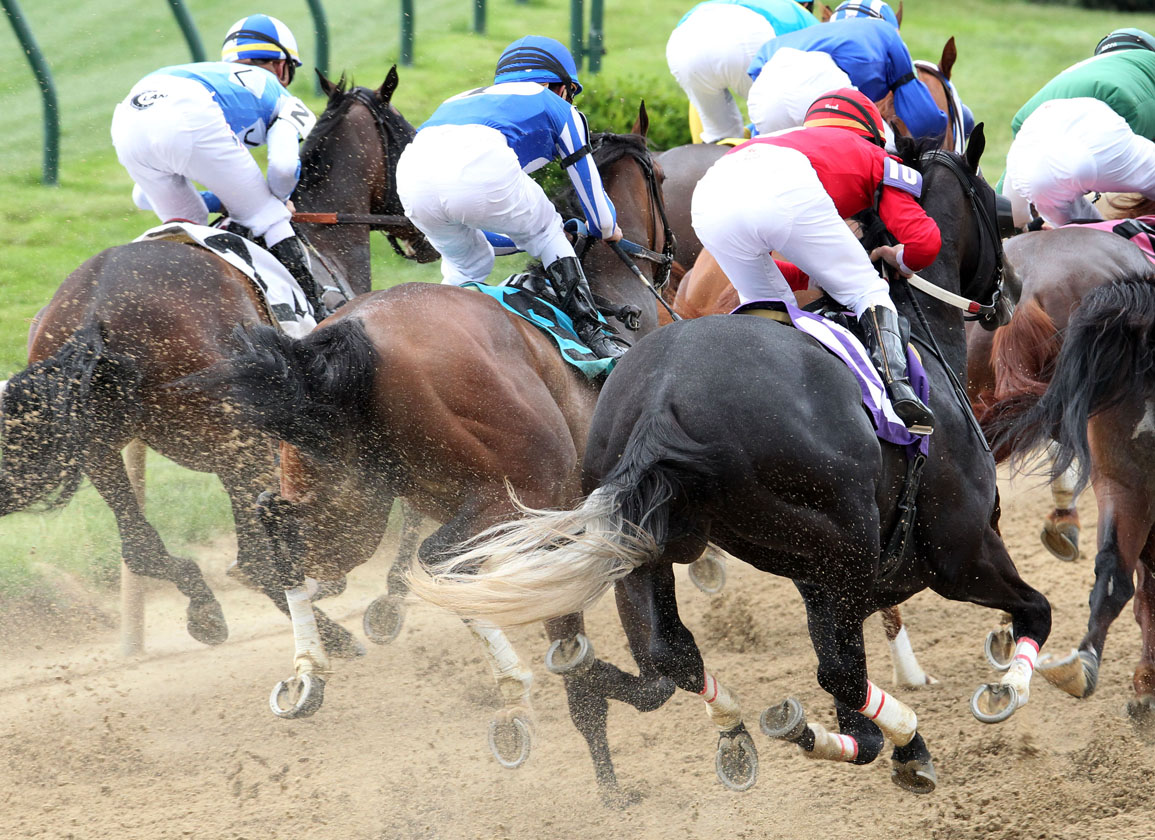By T. D. Thornton
Led by 14 affiliates of the Horsemen's Benevolent and Protective Association (HBPA) and four racetracks, an alliance of entities seeking protection from the alleged harms of the Horseracing Integrity and Safety Act Authority (HISA) have asked a federal judge to allow them to participate in an existing lawsuit that claims HISA and the Federal Trade Commission (FTC) violated the Fourth and Seventh Amendments to the U.S. Constitution, plus the process by which federal agencies develop and issue regulations.
On Friday, the anti-HISA parties filed what is known as a “motion to intervene” in United States District Court (Western District of Louisiana). If accepted by the judge, it would grant the petitioners status in the case alongside the lead plaintiffs from the states of Louisiana and West Virginia.
An “intervenor” designation allows outside parties who have a personal stake in the outcome of a civil suit to participate in a case, even if their interests don't align exactly with those of the original plaintiffs.
“[Our] interests will be seriously impaired if Defendants prevail in their effort to enforce the enjoined HISA Rules beyond Louisiana and West Virginia,” the movants wrote in their Aug. 12 court filing. “Intervenors are not adequately represented by the parties to this action. Intervenors therefore respectfully request that this Court grant their motion to intervene as plaintiffs to protect their and their members' interests.
“Specifically, Intervenors seek to ensure that HISA does not kneecap the horseracing industry as a whole or themselves with the implementation and enforcement of defective HISA Rules,” the filing continued.
HISA and the FTC have consistently denied the allegations listed in the underlying June 29 lawsuit, which was filed two days before the federally mandated July 1 start date for HISA's first set of rules.
“Plaintiffs' eleventh-hour challenge to those rules on the eve of the statutory deadline [is an] emergency of their own making,” the defendants wrote in court documents just after the complaint was filed, noting that the plaintiffs waited a full three months after the approval of the rules to challenge them in court as being immediately harmful.
The HBPA affiliates wanting in on the suit are Arizona, Arkansas, Illinois, Iowa, Indiana, Kentucky, Minnesota, Nebraska, Ohio, Oklahoma, Pennsylvania, Washington, Charles Town and Tampa Bay Downs. The Colorado Horse Racing Association, which is that state's statutorily recognized horsemen's group for all racing breeds, also wants to be an intervenor.
Three of the four opting-in racetracks are in Nebraska: Fonner Park, Horsemen's Park, and the recently approved racino that will go by the name Legacy Downs. The fourth is Arizona's Turf Paradise.
The North American Association of Racetrack Veterinarians, plus the state of Oklahoma and its racing commission, round out the list of potential intervenors.
“Intervenors seek to join this action to protect their interests and those of their members or citizens in avoiding severe economic harms to the horseracing industry generally and to Intervenors specifically through the enforcement of HISA Rules that suffer from fatal procedural and substantive defects,” the Aug. 12 filing stated.
“Intervenors further seek intervention to address HISA's exercise of regulatory power against Intervenors and the threat of severe sanctions that HISA is currently imposing on Intervenors,” the filing continued.
“Intervenors interests may not–indeed, will not–be adequately represented by the existing parties because they have a different ultimate objective from the [existing plaintiffs] by covering a different portion of the United States and of the horseracing industry,” the filing stated.
Beyond the states of Louisiana and West Virginia, the Jockeys' Guild and various Louisiana-based “covered persons” under HISA rule are the existing plaintiffs.
Friday's motion to intervene asked for “expedited” consideration. But that might not be possible because aspects of the underlying lawsuit have been appealed to a higher court.
When cases go under appeal, the lower-court judge has limited power to change anything in the underlying case until the appeals process has been completed. The movants in Friday's filing wrote that they recognized that fact.
“Of course, Intervenors understand that though this Court's preliminary injunction order is on appeal to the Fifth Circuit, which partially stayed the injunction pending the outcome of an expedited appeal,” the filing stated. “At a minimum, the Court could hold the motion to intervene in abeyance, pending the resolution of the appeal.”
Not a subscriber? Click here to sign up for the daily PDF or alerts.






